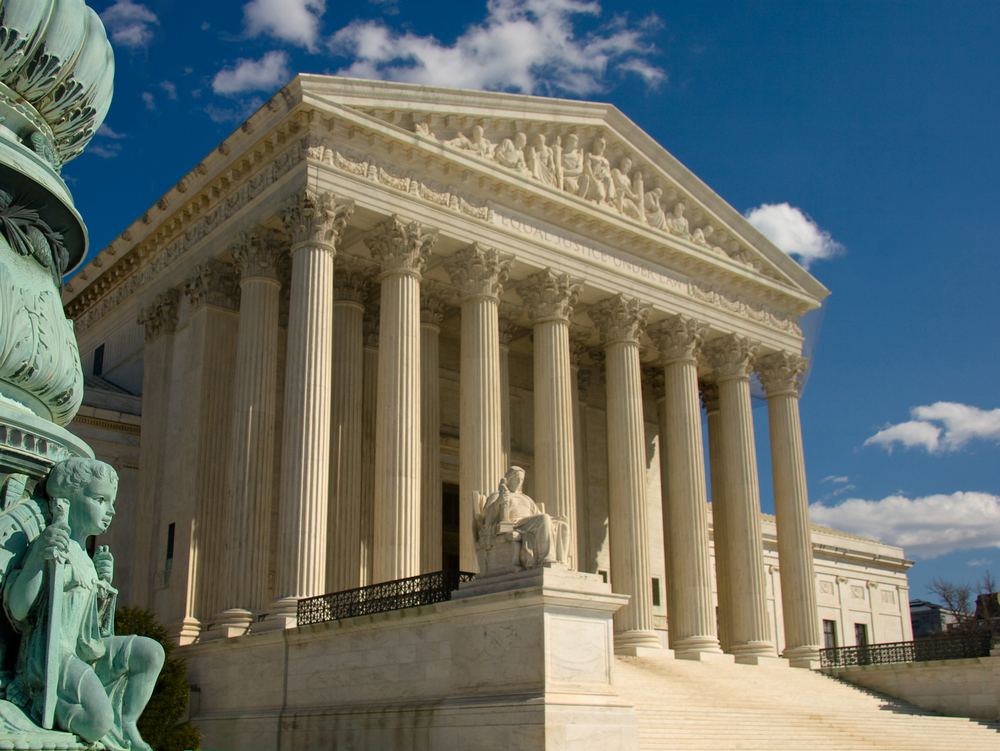The US Supreme Court has recently declined to hear a case that questioned the constitutionality of cash bail for indigent defendants. The case, Hester v. Gentry, originated when Bradley Hester, assisted by the Alabama ACLU, Civil Rights Corps, and the Southern Poverty Law Center, filed a lawsuit in the United States District Court for the Northern District of Alabama. Hester had been charged with possession of drug paraphernalia in 2017 and could not afford the $1,000 bail set according to the Alabama bail schedule. As a result, he was held in jail before his trial. Hester and his legal team argued that the bail system in Cullman County, Alabama, violated the 14th Amendment, specifically denying indigent defendants due process and equal protection.
Initially, the lower court ruled in favor of Hester, issuing an injunction against the county’s practice of imposing cash bail on defendants who could not afford it. Judge Madeline Hughes Haikala emphasized the importance of clear and convincing evidence in ensuring fairness in bail proceedings. She stated that detaining a criminal defendant without a sufficient degree of confidence in the necessity of detention is a violation of a fundamental principle of justice.
However, the decision was later overturned by the United States Court of Appeals for the Eleventh Circuit. The appeals court found Cullman County’s bail system to be constitutional. In the majority opinion, Judge Barbara Lagoa asserted that the district court erred in determining that the bail system discriminated against indigent individuals and deprived pretrial detainees of procedural due process.
Judge Robin S. Rosenbaum dissented from the appeals court decision, accusing the court of failing to thoroughly analyze the implications of the 14th Amendment in the case. Rosenbaum argued that Cullman County’s current bail system violated indigent arrestees’ equal protection and due process rights, emphasizing that the majority opinion disregarded factual findings regarding the system’s practical operation.
Get ahead of the competition by submitting your resume to LawCrossing – don’t wait any longer!
Several organizations and scholars weighed in on the case. The American Bar Association submitted an Amicus Curiae brief urging the Supreme Court to consider Hester. They emphasized the long-term negative effects of pretrial detention, such as decreased future employment prospects and increased poverty rates at the county level.
A coalition of legal scholars specializing in bail research also encouraged the Supreme Court to take up the case. They argued that the Eleventh Circuit’s departure from the historical tradition of protecting defendants from arbitrary pretrial detention should be corrected.
Cullman County Sheriff Matthew Gentry, one of the defendants named in the lawsuit, downplayed concerns about the county’s bail system. He shared personal experiences of having to deliver tragic news to families due to failures in a no-bail system. Gentry’s counsel argued in their opposition brief that Hester was attempting to reshape his arguments into an independent substantive due process claim that was not part of the original case.
The US Supreme Court’s decision not to hear the case leaves the question of cash bail constitutionality for indigent defendants unresolved. While the lower court ruled in favor of Hester, the appeals court overturned that decision. The Supreme Court’s refusal to take up the case means that the issue will remain unresolved at the national level, leaving the constitutionality of cash bail for indigent defendants subject to varying interpretations among different jurisdictions.

